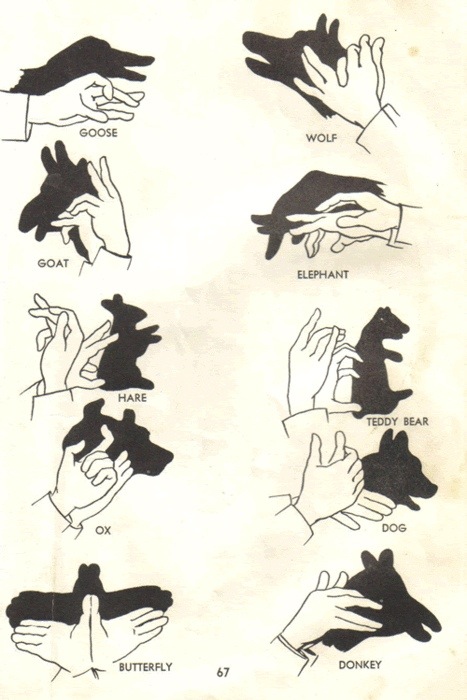Christians are called to be “salt and light” in our culture, which is to say we must create culture, not just critique it. We have special resources to renew, restore, and create godly culture embodying the life of Jesus. He told us not just to believe the things He said; He taught us to also do whatever we saw Him doing. Since He is the one Creator, we get to borrow His creativity as co-creators.

Many today are “culture warriors,” which is to say they want to go to war against any and all anti-Christian sentiments. They battle against evil worldviews with the force of their far superior “Christian worldview.” I think a biblical worldview is important (and am convinced you cannot attain one without meditating on the Scriptures constantly), but what I find lacking among these “culture warriors” is an awareness of the true enemy. Paul said we wrestle not against flesh and blood, but rather an hidden, wicked enemy, that (Ephesians 2:1-3).
Are other people the real enemy, whatever their category or label? Are these our enemies: liberals (or conservatives), those for (or against) gun control, politicians, public schools, taxes? Our enemies become our prime targets in an election year like 2012. (Maybe you’ve seen the expensive propaganda mailers in your mailbox already.)
Let me ask you: is this really making things better? Can someone be salt and light, known for the message of Jesus, if they’re whole platform in life is what they are AGAINST?
How about we fight the real enemies that war against our souls: pride and greed.
How about we rail against those?
Pride and greed are daily on display in our foolishness, where we resist following God’s ways and choose to run our own lives. When we try to be the hero of our tiny stories, and be sure to “get ours,” we become everything we ardently criticize. Yet we remain blind to our real problem, thinking it is “out there.”
14 Do everything without grumbling or arguing, 15 so that you may become blameless and pure, “children of God without fault in a warped and crooked generation.” Then you will shine among them like stars in the sky 16 as you hold firmly to the word of life. And then I will be able to boast on the day of Christ that I did not run or labor in vain. 17 But even if I am being poured out like a drink offering on the sacrifice and service coming from your faith, I am glad and rejoice with all of you. 18 So you too should be glad and rejoice with me. —Philippians 2:14-18
When we resist the urge to grumble and complain, we give ourselves opportunities to cultivate a culture of grace and peace, right where we live. As we follow Christ (who never complained or played the ‘victim’ card), we become like Him, borrowing powerful light from the Light of the World. As His light shines, we become co-creators of new, attractive opportunities for righteousness, peace, justice, mercy, and grace to live.
One day the whole world will be just as He designed it to be. Until them, we’re invited to live like we are as He designed us to be — loving God and loving people. We’ll be imitating Jesus who created the world, and then stepped into our fallen mess to re-create it again in His image.
Go create something good.
In the meantime, if you have a hard time knowing what to create in the darkness, trying some of these:

Top photo credit: “Go on creating” by fotologic










 A few years ago a friend introduced me to a helpful way to examine my heart and see if I am living in God’s righteousness, or asserting my own self-righteousness. The simple chart shown below was adapted from Tim Keller’s talk “
A few years ago a friend introduced me to a helpful way to examine my heart and see if I am living in God’s righteousness, or asserting my own self-righteousness. The simple chart shown below was adapted from Tim Keller’s talk “